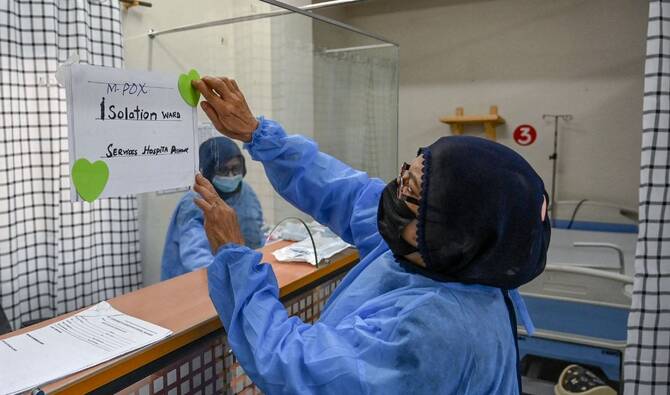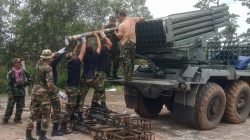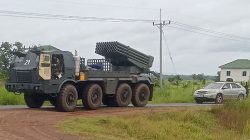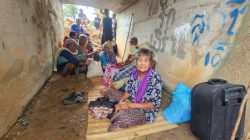Growing Concern Over Congo Virus Outbreak in Karachi
Pakistan has witnessed another confirmed case of the Congo virus in Karachi, marking the third reported infection in the city this year. The latest patient, a 33-year-old man, was admitted to Jinnah Hospital’s Ward 5 after exhibiting severe symptoms consistent with the disease. His condition raised immediate concern among medical staff, prompting swift diagnostic testing.
According to hospital officials, the man arrived in a semi-conscious state, displaying high fever and other signs of infection. A PCR test confirmed that he was infected with the Congo virus, also known as Crimean-Congo hemorrhagic fever (CCHF). This case follows two previous infections reported in the city, bringing the total number of cases to three this year.
The emergence of the virus has sparked alarm among health experts, particularly as it occurred after the Eid-ul-Azha holidays. During this period, there is increased interaction between people and livestock, which is a key factor in the spread of the virus. The festival season often involves the handling and slaughtering of animals, increasing the risk of exposure for individuals involved in these activities.
Two prior cases of the virus resulted in fatalities shortly after Eid, raising concerns about the potential for further outbreaks. These deaths have prompted heightened vigilance from medical professionals and city health authorities. The virus can be transmitted through direct contact with infected animals or humans, making it crucial to implement strict safety measures to prevent its spread.
In response to the growing threat, hospitals across the city have been advised to maintain a high level of alertness and adhere to stringent safety protocols. Health authorities are urging citizens to take preventive actions when interacting with animals, especially during festive periods when livestock is commonly handled. Measures such as wearing protective clothing, using gloves, and avoiding contact with blood or bodily fluids of animals are strongly recommended.
Health experts emphasize the importance of early detection and isolation of suspected cases to contain the spread of the virus. They are closely monitoring the situation and advising residents to remain vigilant. Anyone experiencing symptoms such as high fever, bleeding, or extreme fatigue is encouraged to seek medical attention immediately at nearby healthcare facilities.
The outbreak highlights the need for public awareness and education on the risks associated with the Congo virus. As the virus continues to pose a threat, it is essential for both individuals and healthcare institutions to remain proactive in their efforts to prevent further infections.
Authorities are also working on strengthening surveillance systems to detect any new cases promptly. Public health campaigns are being planned to inform communities about the virus and how to protect themselves. These initiatives aim to reduce the likelihood of future outbreaks and ensure that the population is well-informed about the necessary precautions.
With the ongoing efforts to manage the current situation, the focus remains on preventing further transmission and safeguarding public health. The collaboration between medical professionals, health officials, and the community will be critical in addressing the challenges posed by the Congo virus in Karachi.







